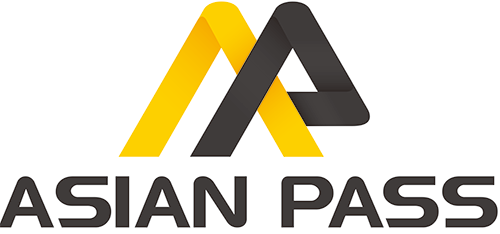What is tax management? In the building of the tax management force, what kind of person is a tax administration official according to the law? How is the principle of tax management regulated by tax law? Through today’s article, let’s learn about this issue with Pham Consult!

What is tax management?
Currently, the law does not stipulate the concept of “Tax management”. However, “Tax management” can be understood as the activity of a competent state agency to organize, implement, monitor and inspect tax collection according to the law.
*The above information is for reference only
According to Article 4 of the Law on Tax Administration 2019, tax administration includes the following main contents:
– Tax registration, tax declaration, tax payment, tax assessment.
– Tax refund, tax exemption, tax reduction, tax exemption.
– Tax debt deferral; tax debt cancellation, late payment, fines; exemption from late payment, fines; no late payment; tax payment extension; gradual payment of tax debt.
– Tax payer information management.
– Invoice and document management.
– Tax audit, tax inspection and implementation of measures to prevent, combat and stop violations of tax laws.
– Enforcement of administrative decisions on tax administration.
– Sanctioning of administrative violations on tax administration.
– Handling of complaints and denunciations on taxes.
– International cooperation on tax.
– Propaganda and support for taxpayers.
In the work of building the tax management force, what kind of person is a tax management officer?
In the work of building the tax management force, what kind of person is a tax management officer, based on the provisions of Article 10 of the Law on Tax Management 2019 as follows:
Building the tax management force
1. The tax management force is built cleanly and strongly; equipped and mastered with modern techniques, operating effectively and efficiently.
2. Tax management officers are those who are qualified to be recruited and appointed to ranks, positions, and titles in tax management agencies; trained, fostered, managed, and used according to the provisions of the law on cadres and civil servants.
3. The service regime, titles, standards, salaries, other benefits, insignia, and uniforms of tax management officers are implemented according to the provisions of law.
4. Tax authorities are responsible for training and building a team of tax officials to perform tax management functions in accordance with the provisions of law.
Accordingly, in the work of building a tax management force, tax officials are those who are qualified to be recruited and appointed to ranks, positions, and titles in the tax management agency; to be trained, fostered, managed, and employed in accordance with the provisions of the law on cadres and civil servants.
Note: Tax authorities are responsible for training and building a team of tax officials to perform tax management functions in accordance with the provisions of law.
How are tax management principles prescribed by tax law?
The tax management principles prescribed by tax law are prescribed in Article 5 of the 2019 Law on Tax Management, specifically as follows:
(1) All organizations, households, business households, and individuals are obliged to pay taxes in accordance with the provisions of law.
(2) Tax administration agencies and other State agencies assigned to manage tax collection shall conduct tax administration in accordance with the provisions of this Law and other relevant legal provisions, ensuring publicity, transparency, equality and ensuring the legitimate rights and interests of taxpayers.
(3) Agencies, organizations and individuals shall be responsible for participating in tax administration in accordance with the provisions of law.
(4) Implement administrative procedure reform and apply modern information technology in tax administration; apply tax administration principles in accordance with international practices, including the principle of the nature of activities and transactions determining tax obligations, the principle of risk management in tax administration and other principles suitable to the conditions of Vietnam.
(5) Apply priority measures when carrying out tax procedures for exported and imported goods in accordance with the provisions of the law on customs and regulations of the Government.
Note:
According to Article 6 of the Law on Tax Administration 2019, in tax administration, the following acts are strictly prohibited:
– Colluding, connecting, and covering up between taxpayers and tax officials and tax authorities to transfer prices and evade taxes.
– Causing trouble and harassment to taxpayers.
– Taking advantage to appropriate or illegally use tax money.
– Intentionally failing to declare or declaring incomplete, untimely, and inaccurate tax amounts.
– Obstructing tax officials from performing their duties.
– Using another taxpayer’s tax code to commit an illegal act or allowing others to use one’s tax code in violation of the law.
– Selling goods and providing services without issuing invoices in accordance with the law, using illegal invoices, and illegally using invoices.
– Falsifying, misusing, illegally accessing, and destroying the taxpayer information system.
Comments




 VI
VI